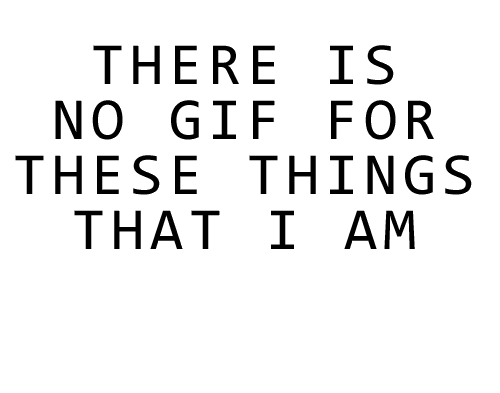Failure is banal. That is to say it's unoriginal and dull. Why? Because it's familiar, a motif. We all fail in life. Everyday. Some may be bigger than others but it is still failure. No one is perfect and no one can deny having ever failed.
And it's boring.

Christopher Walken saying, "Yawn." GIF
Not in the sense that one doesn't care about having failed.
But sometimes it's difficult to stand when it seems as if life has defeated you. Yet, one must realise that "it's not your first rodeo." Because of the banality of failure you've experienced this more than once. On many levels you're aware of the feeling. There have been worse situations and there could be worse situations. So why not be prepared? In Stoicism, there is a practice named Premeditatio Malorum[1] or the premeditation of evil. The Premeditation of evil allows for a person to prepare themselves for disappointment. All situations are unpredicatable. Anything that can go wrong, will go wrong. Therefore, be prepared to experience it. Or rather, compose yourself beforehand so there are no surprises.
Prepare for anything and everything
Sometimes we believe we've things "under control" so we can expect them to work in our favor. However, when we premeditate evil we brace ourselves for things to not go as expected. Basically, we think negatively so we are not later dissapointed. One asks: "Okay, I've failed. So what?" And like a GPS, we recalculate based on these events in order to continue the journey.
I've found this concept to be valuable. But I must admit that sometimes I do not fully prepare myself as I want to believe in positive outcomes. Ironic for a pessimist.
Yet, some would say thinking negatively is detrimental as negative thoughts only create negative occurrences. Those who believe in the Law of Attraction [2] would surely disagree with this Stoic principle. However, premeditating evil does not express that one should think negatively. It allows one to "construct an armor" emotionally and mentally so that even the cruelest life events don't cause them to drown in despondency or react irrationally.
When life says:

Tom Hanks sdaying, "I'm gonna punch you." GIF.
Your response:

Jon Snow Vs. an Army. GIF.
I'm not perfect. And although it's almost a year since I began applying this philosophy I've a lot more work to do. I would not call myself a Stoic yet, more so I borrow or exercise some of its tenets and throw out the rest. Not purposefully. Yet, my objective is to be emotionally intelligent.[3]
Being Smart About Feelings

"There is no GIF for these things that I Am FEELING." GIF
There is a place and a time. The adage that "nobody cares about your feelings" is generally true. If you're sad, happy, dead or alive the world moves on. It won't stop to ask why you're sad or congratulate you on your newfound joy. It has to do its thing and so do you.
Therefore, at times it is necessary to keep our feelings to ourselves. It is usually irrelevant. I also think "safe spaces" for sharing feelings are limited as they don't grant us the absolute freedom we need or desire to reset our emotions. Fear of judgement and lack of trust due to discretion also doesn't help. You then have to ask, "Do you see me? Or do you see my feelings?"

Zach Galifianakis (I think?) saying, "Everybody knows, nobody cares." GIF
Hence, maybe we should save our true feelings for our journals or our graves.
This is just something I've learned and I hope it helps you minimize some stress in your life.
Pause for next week in which the subject will actually be something technical.